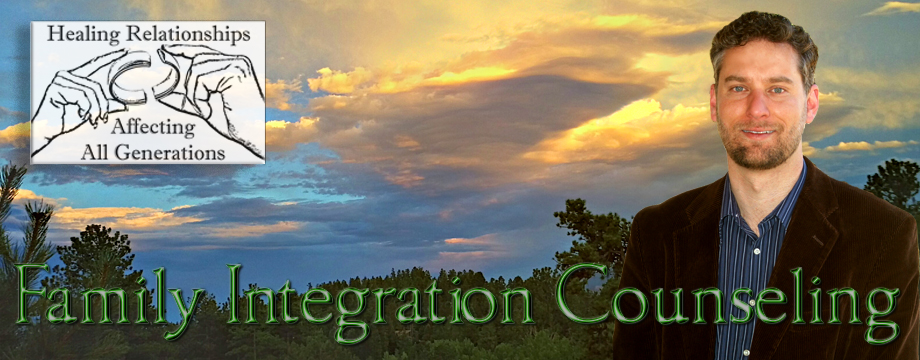Adult AD/HD
 Attention Deficit/Hyperactivity Disorder has become another common and often overdiagnosed condition in children. While less common in adults, AD/HD is often very real and difficult to manage if undiagnosed. Many people now in adulthood grew up before the wave of diagnosis or overdiagnosis began. As a result many adults went through their childhood, teens and early adulthood suffering from performance and organizational deficits directly related to their disorder. Many adults doubt they have AD/HD due to the misleading name. Many adults do not experience hyperactivity and thus dismiss AD/HD not knowing that inattentiveness is as prevalent in adults as hyperactivity is in children.
Attention Deficit/Hyperactivity Disorder has become another common and often overdiagnosed condition in children. While less common in adults, AD/HD is often very real and difficult to manage if undiagnosed. Many people now in adulthood grew up before the wave of diagnosis or overdiagnosis began. As a result many adults went through their childhood, teens and early adulthood suffering from performance and organizational deficits directly related to their disorder. Many adults doubt they have AD/HD due to the misleading name. Many adults do not experience hyperactivity and thus dismiss AD/HD not knowing that inattentiveness is as prevalent in adults as hyperactivity is in children.
Symptoms of inattentive AD/HD:
- Often fails to give close attention to details or makes careless mistakes in schoolwork, work, or other activities
- Often has difficulty sustaining attention in tasks or play activities
- Often does not seem to listen when spoken to directly
- Often does not follow through on instructions and fails to finish school work, chores, or duties in the workplace (not due to oppositional behavior or failure to understand instructions)
- Often has difficulty organizing tasks and activities
- Often avoids, dislikes, or is reluctant to engage in tasks that require sustained mental effort (such as schoolwork or homework)
- Often loses things necessary for tasks or activities (e.g., toys, school assignments, pencils, books, or tools)
- Is often easily distracted by sounds, objects, movement or… oh, something shinny
- Is often forgetful in daily activities
AD/HD is not an excuse for laziness. The opposite is very often true. Adults with AD/HD are often more creative, entrepreneurial and hard working than their non-AD/HD counterparts. Rather and AD/HD adult experiences life as a constant struggle to achieve what they believe they are actually capable of.
WHAT CAN I TRY ON MY OWN?
AD/HD responds well to stimulant medications such as Adderall or Ritalin. Many people experience side effects from these medications such as increased anxiety and anger, decreased ability to sleep and appetite, uncomfortable physical symptoms and eventual tolerance requiring increased dosages. However for some, the benefits outweigh the side effects. Talk to your doctor about medical options.
Natural option include strenuous exercise 5 times per week for 30-45 minutes, diet and schedule changes. When nutrition enters the discussion the research becomes controversial. Many case examples have been presented but more solid empirical study is still needed. Initial evidence suggests a high protein diet, including supplementation with Omega-3 oils has some benefit in reducing the symptoms of AD/HD.
For some individuals nutritional changes to eliminate allergies or kill off systemic yeast infections may result in enough relief that symptoms are no longer significantly problematic. Significant controversy about such alternative techniques is seen in the community. Strong statements on either side of the argument should be tempered to allow creative solutions for each individual. Doing a little research on the Internet for topics such as Candida (systemic yeast), Amen Clinic, NAET (allergy elimination) or medications such as Adderall, Dextrostat, Wellbutrin, etc. will give you a quick introduction into the controversy.
Biofeedback techniques such as the Quick Coherence Technique and use of the emWave (described in the video on the Stress and Anxiety page) can be extremely helpful in learning mental regulation necessary to compensate for AD/HD.


